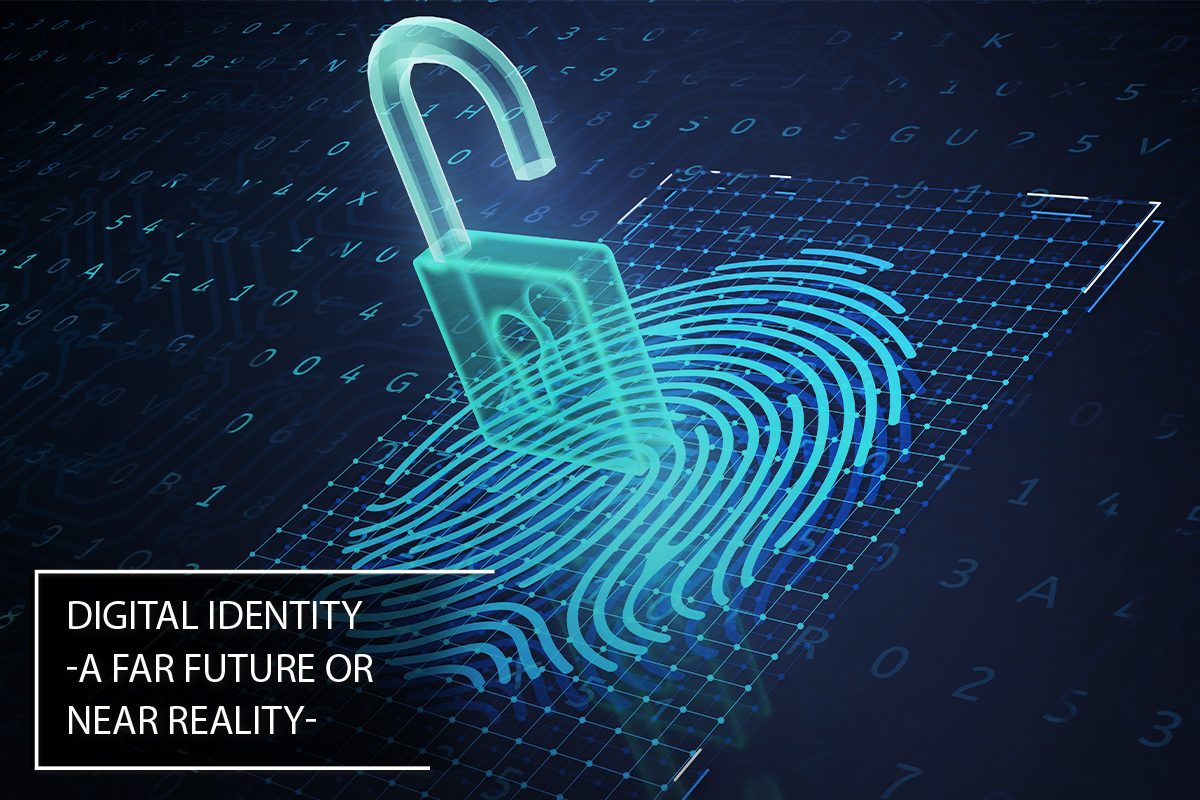Introduction
Electronic identification is a process of using identification data of persons in electronic form which in a unique way to represent the natural or legal person or authorized person of a legal entity. This is the legal definition of the electronic identification process in accordance with the Law on Electronic Documents, Electronic Identification and Confidential Services. With its entry into force in 2020, the Macedonian “digital” legislation has been updated in line with European regulations, i.e. Regulation (EU) no. 910/2014 of the European Parliament.
Republic of Macedonia
This law provides a huge opportunity to simplify the daily functioning of every person in our country, both in relations with public bodies and in private legal relations. In this regard, the state has signed a memorandum with MasterCard with which this payment company undertakes to digitize and establish a digital infrastructure that will benefit the Macedonian population.
In practice, this means that by opening an application on your mobile device, you first scan your ID, ID card or passport. In this way, the data is checked and the camera of the mobile device is turned on and verifies that it is a natural person. After this step, the image in the personal document is checked and the device identifies you. This means that you no longer need to use a USB stick, token, paper documents, physical presence for the institution to identify you – said the then Minister of Information Society and Administration.
For example, it allows its citizens to vote, buy public transport tickets, encrypt e-mail, renew their passport, access their medical records, sign documents, and perform almost any type of administrative management over the Internet, anywhere and anytime, allowing the users to own their data – said the then Minister of Economy.
Additionally, from a legal point of view, we do not see reasons why the digital signature should not allow signing contracts in front of a notary public without personal presence that will have the force of a notary deed[1], digital submission and receipt of property certificates with ID number of the ownership holder, digital signing of bank loan agreements without presence in branches, or digital voting in elections.
Comparative analysis
All the above examples have already been implemented in the Republic of Estonia. At the beginning, it should be emphasized that in the Republic of Estonia elections were just conducted in which there was a possibility for digital voting, without personal presence.[2]
Among others, the following systems based on digital identity are active in the Republic of Estonia:
e–Management
It is estimated that 99% of public services are available on the Internet.
e–Tax
About 98% of all tax returns in Estonia are submitted electronically annually. This creates a huge efficiency of the tax system.
i–Voting
Short for Internet Voting, i-Voting is a system that allows voters to vote simply from any computer connected to the Internet in the world. i-Voting is allowed during the pre-voting period, when voters enter the system using an ID card or mobile phone and cast their vote.
e–Health record
Electronic health record is a national system that integrates different health care providers to create a common record that each patient can access online. This is a powerful tool that gives healthcare providers easy access to patient records, as it can save lives if time is limited.
e-Residency
The primary purpose of e-Residence is to enable e-residents to do business regardless of location in the EU via the Internet and to have all the necessary tools for doing business globally.
Pros and cons
This way of functioning has huge benefits because:
- a) drastically shortens the duration of all procedures (timely)
- b) drastically reduces bureaucracy (financially)
- c) eliminates the possibility of system abuse by officials[3] (safety)
- d) shows that the country is maturing and starting to focus on important and elementary projects (marketing)
On the other hand, one systemic risk must be mentioned that exists in the implementation of this system, and that is the risk of hacker attacks. Namely, Estonia has been the target of such attacks in the past. Learned from such accidents, the entire digital database of that country now has a “cloud back up” in Luxembourg, which is provided with the latest blockchain technology, which partially solves this problem. However, this risk can never be completely eliminated. This further emphasizes the need for quality IT staff that will protect, supplement and update this infrastructure.
Also, from a legal and social point of view, the way in which all personal data that are part of that digital “grid” will be disposed of and the way in which they are protected is very important. However, this issue is already regulated taking into account the fact that in all developed countries there is already a Law on Personal Data.[4]
Current factual situation in the Republic of Macedonia
At the moment, the digital identification does not exist in the Republic of Macedonia. We are waiting for it. The timeframe in which it shall be implemented by MasterCard is unknown. We hope that instead of the Macedonian oblivion, the western efficiency of MasterCard will prevail and the project will be fully implemented. In the meantime, all that remains is to welcome and support the initiative, as it will have major primary, secondary and tertiary effects.
[1] This has not been implemented in any other country, but it will be a reality in the near future if we take into account the development of digital technology in the world at the expense of the formal and procedural characteristics of legal instruments
[2] Unlike some other countries where the census is the subject of daily unproductive political squabbles
[3] In an implemented system of digital identity, there is no possibility for a death certificate or property certificate to be issued without knowing who the applicant is
[4] Including the Republic of Macedonia
